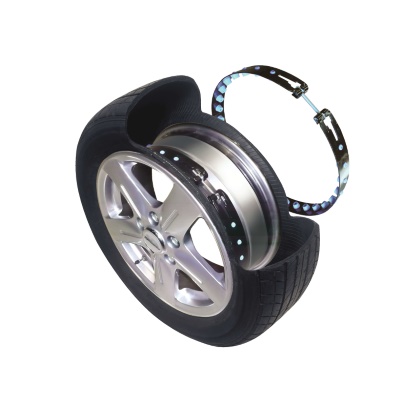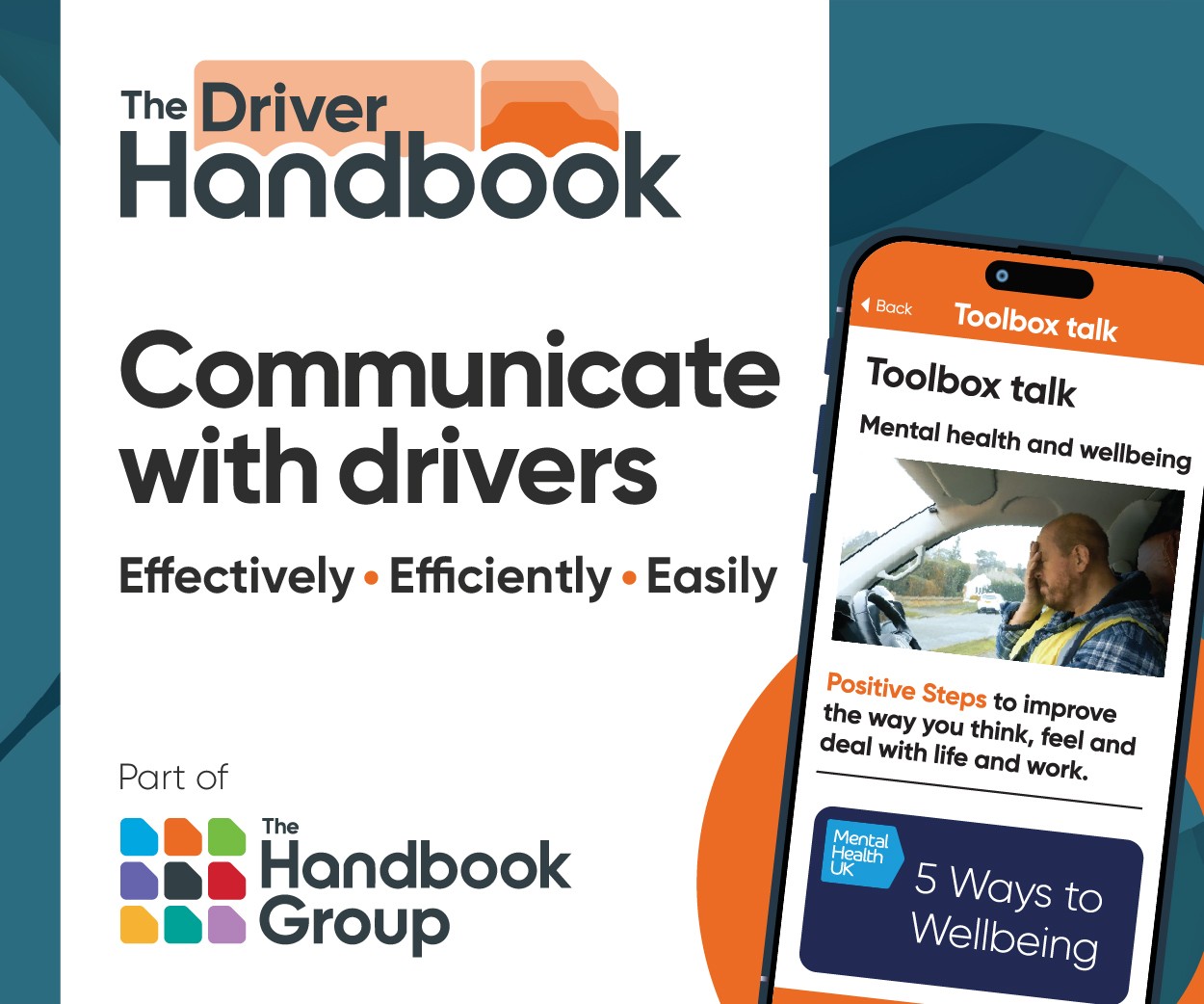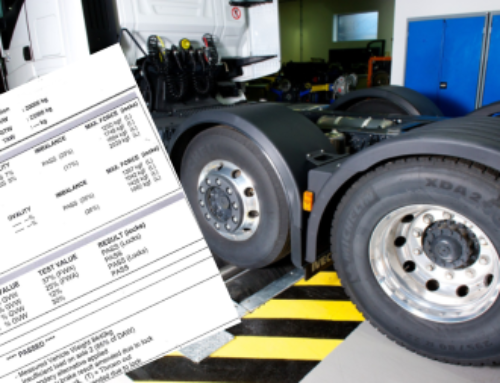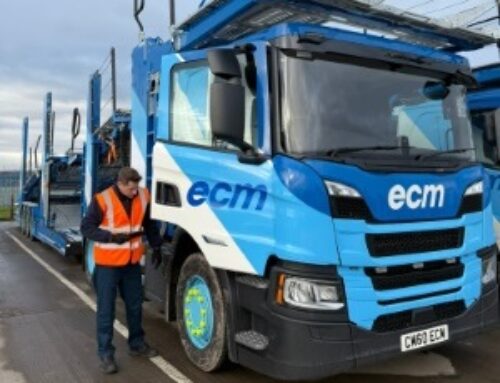Talking tyre maintenance with Tyron Runflat
Tyre protection specialist Tyron Runflat has provided advice for commercial vehicle operators on the importance of wheel safety and tyre maintenance.
“As the summer months fast approach and icy weather conditions become a distant memory, checking for any damage caused by frosty temperatures should remain a priority for commercial vehicle users,” said Peter Simson, director at Tyron Runflat.
“After a cold winter, tyres can experience a drop in air pressure, rubber can stiffen, and grip can potentially reduce. With this in mind, commercial vehicle operators must be checking their tyres regularly, ensuring tread depth is 1mm across three quarters of the tread width around the entire tyre circumference.”
Peter cites reports suggesting that one in five breakdowns on the strategic road network are caused by tyre failure, comprising 50,000 breakdowns each year – and that 30 per cent of those involve commercial vehicles.
Low tyre pressure, poor alignment, sidewall damage and tyre degradation are all reasons that a tyre can run into problems, he says.
“Due to the substantial weight and size of HGVs, they require longer stopping distances, which can be a potential hazard, particularly with poor road conditions and HGV blind spots.
“Tyres are engineered to work in harmony with the brakes, steering and suspension systems so if a tyre is underinflated it contains insufficient air to carry the weight of the vehicle and can’t support these functions.
“For HGVs, proper tyre maintenance is crucial for safety, roadworthiness and operational efficiency. Damaged, underinflated or worn tyres can lead to skids, punctures and blowouts which can result in catastrophic accidents.”
Peter highlights European legislation mandating that newly registered HGVs are equipped with a tyre pressure monitoring system (TPMS), which he says represents a step forward in industry tyre safety and underlines the vital importance to safety of proper tyre maintenance.
It’s important to note that tyre malfunctions can’t always be prevented by the driver, he adds.
 “Recognising this, our team of specialists have created a product which keeps a vehicle moving to a safe place after a puncture or blowout. Our band ensures that if a tyre experiences a blowout, the tyre will be locked onto the wheel which helps the driver remain in control, ensuring safety for the HGV and other road users.
“Recognising this, our team of specialists have created a product which keeps a vehicle moving to a safe place after a puncture or blowout. Our band ensures that if a tyre experiences a blowout, the tyre will be locked onto the wheel which helps the driver remain in control, ensuring safety for the HGV and other road users.
“The bands can be fitted to any commercial vehicle. They are fitted into the well of the wheel, locking the tyre onto the wheel, helping ensure there is always tyre between the wheel and the road surface. This ensures control of the vehicle is maintained, giving enough time for users to get to a place of safety.”
The involvement of tyre issues in road traffic accidents, for both commercial and civilian vehicles, can be reduced if users take the necessary precautions, says Peter.
“A high volume of road users coupled with poor road conditions and poor tyre management can lead people into very dangerous situations, but with proper tyre checks and the use of the Multiband, catastrophic outcomes can be avoided.
“Since its invention in the 1970s, all UK police sprinter vans have been fitted with our Multiband, providing peace of mind. With this in mind, we’re on a mission to share our product with road-reliant industries, such as HGV transport and logistics, to ensure goods reach their destination on time and drivers can remain safe.”
Tyron Runflat says its Multibands are simple, lightweight and inexpensive, and in locking deflated tyres onto the wheel, allow a vehicle to keep moving for over 100km.
“From the police force, fire and ambulance services across the UK to military armoured vehicles to civilian cars and commercial vehicles, Tyron’s solutions are supplied throughout the world,” the company said.














